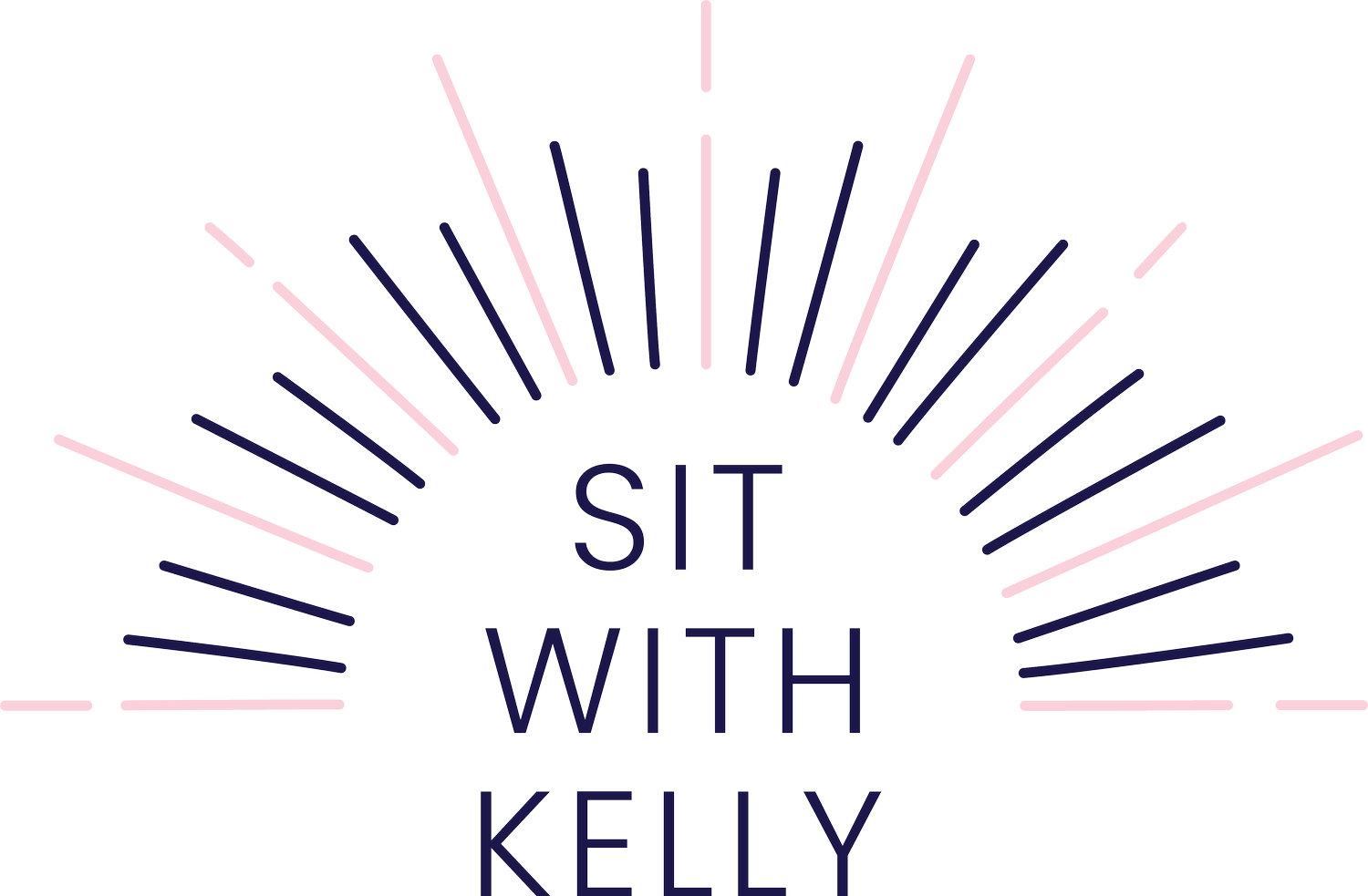Overcoming Task Paralysis
What is Task Paralysis and How To Overcome It
It's 3 p.m. on a Wednesday, and you've been scrolling through social media for hours at your desk. You feel overwhelmed and paralyzed by all the things you "should" be doing but can't seem to get started on. And no matter how much time passes, you're still as stuck as when you began.
Welcome to task paralysis, my friend. This phenomenon is none other than a form of procrastination. It's common among people struggling with ADHD, depression, or anxiety, and can afflict even the most motivated and eager people.
But if task paralysis doesn't have anything to do with laziness, what causes it?
In many cases, it's perfectionism: the fear of not being able to do a task perfectly can be so overwhelming that it prevents you from taking a single step. In other cases, it may simply be a matter of not knowing where or how to start.
In either case - whether we can't see ourselves completing a task perfectly or just can't visualize an outcome - at the root of task paralysis is a sense of overwhelm. When a task seems impossible, the anxiety and stress it triggers make us want to avoid it - to avoid a potential threat.
The problem is that this puts your worries, fear, and anxiety in the driver's seat; meanwhile, the things that matter to you or that need to get done are pushed to the backseat. At least until an inevitable consequence and looming deadline gives you enough adrenaline or reason to get you going. But maybe you're here because you're tired of being caught in this cycle.
So how do I break free from this cycle of paralysis and procrastination?
If you're someone who often finds yourself frozen in the face of a daunting task or even a big life goal, don't worry—you're not alone. Here are some tips to get moving!
Set realistic expectations: If you're ready to get unstuck, it's time to set realistic expectations for yourself - particularly if you're working with perfectionist tendencies. Give yourself permission to start small and let go of the need to do anything better than your best.
Pick one small thing to do: When you're overwhelmed by a project, it can be helpful to break it down into smaller pieces. Choose one small task you can complete quickly, and then move on to the next thing on your list. As you work through one short attainable deadline after another, you'll come to find that progress is possible.
Work backward: Another helpful tip is to work backward. Start by thinking about the result, and then figure out what steps you need to take to get there. This can help you see the light at the end of the tunnel and make a big project feel much more manageable!
Write it down: Making a list gets the overwhelm out of your head and onto paper, which can ease your stress. If you’ve already accomplished some smaller tasks for the day, write those down and cross them off. Crossing to do’s off your list will give you upwards momentum to start working on the other tasks.
Set a timer: The hardest part about task paralysis is simply getting started. Sometimes, all it takes to start is setting a timer for yourself and committing to working for a set amount of time. Once the timer goes off, take a break or move on to something else. The key is to find a way to take that first step and keep moving forward.
Find an accountability partner: If you're having trouble staying on task, finding someone who will hold you accountable can be a big help. Whether it's a friend, family member, or colleague, pick someone who will check in with you regularly to see how you're doing. Knowing that someone is keeping tabs on you is likely just the motivation you need to get on track.
Get organized: Finally, ensure you're organized and have everything you need before you start working on a project. This can help you avoid getting sidetracked or overwhelmed by a messy workspace.
You can do this!
Task paralysis can be frustrating, but there are ways to overcome it. By breaking things down and getting your goals, timelines, and even physical space in order, you can get unstuck and start making headway on even the most daunting projects. So next time you find yourself frozen in the face of something big, remember these tips and get moving again!
Remember: this post is for informational purposes only and may not be the best fit for you and your personal situation. It shall not be construed as legal, financial, or medical advice. The information and education provided here is not intended or implied to supplement or replace professional advice of your own attorney, accountant, physician, or financial advisor. Always check with your own physician, attorney, financial advisor, accountant, or other business or medical professional before trying or implementing any information read here.



